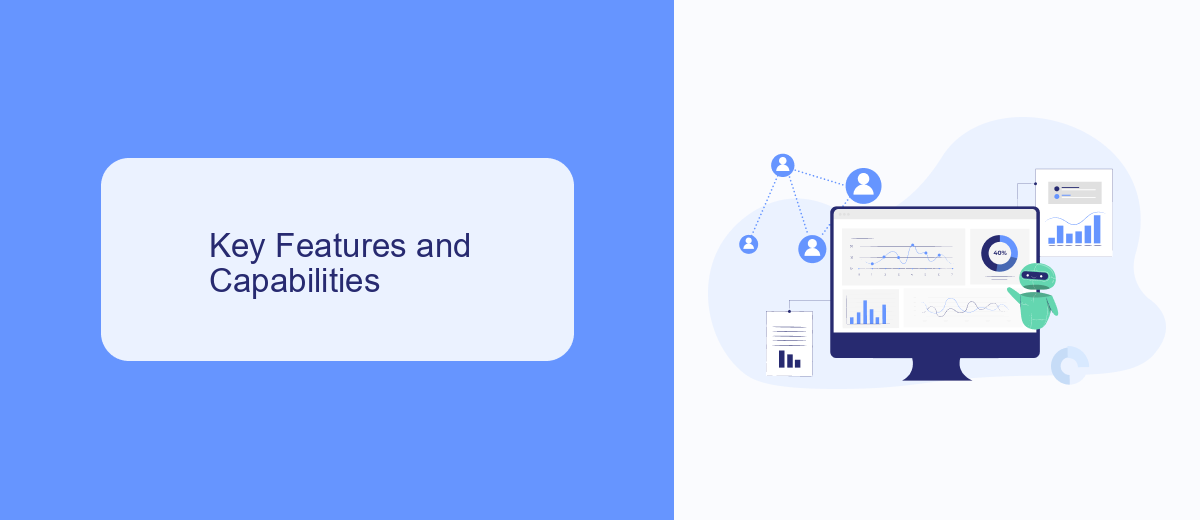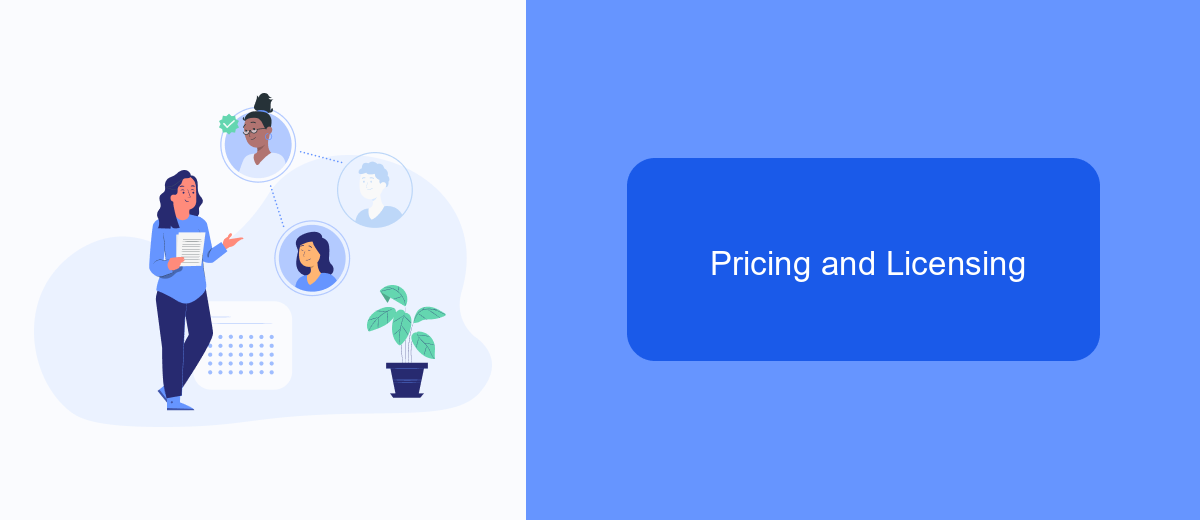In the rapidly evolving landscape of API management and integration, choosing the right platform is crucial for business success. MuleSoft, Apigee, and Boomi are three leading solutions that offer unique features and capabilities. This article delves into a comparative analysis of these platforms, helping you understand their strengths and weaknesses to make an informed decision for your enterprise needs.
Introduction
In today's rapidly evolving digital landscape, businesses are increasingly relying on integration platforms to streamline their operations and enhance connectivity between disparate systems. MuleSoft, Apigee, and Boomi are three of the leading integration platforms that offer robust solutions for API management, data integration, and workflow automation. Choosing the right platform is crucial for ensuring seamless integration and maximizing efficiency.
- MuleSoft: Known for its comprehensive Anypoint Platform, MuleSoft provides extensive tools for API design, development, and management.
- Apigee: A Google Cloud product, Apigee excels in API management, offering advanced analytics, security, and monetization features.
- Boomi: A Dell Technologies company, Boomi focuses on cloud-based integration, providing a user-friendly interface for connecting applications and data across various environments.
Each of these platforms has its unique strengths and is suited for different business needs. For example, companies looking for a straightforward way to automate lead management might consider using a service like SaveMyLeads, which simplifies the integration process and helps businesses capture and manage leads efficiently. Understanding the specific requirements of your organization will help in selecting the most appropriate integration platform.
Key Features and Capabilities

MuleSoft offers a robust integration platform that supports API management, data integration, and application integration. Its Anypoint Platform provides a unified solution for designing, building, and managing APIs and integrations. Key features include API designer, API manager, and a rich set of connectors. MuleSoft also emphasizes reusability and scalability, making it suitable for large enterprises with complex integration needs.
Apigee, a Google Cloud product, is a leading API management tool that focuses on API lifecycle management. It offers features such as API analytics, developer portal, and advanced security policies. Apigee is designed to help businesses create and manage APIs with ease, ensuring high performance and security. For those looking to streamline their integration processes, services like SaveMyLeads can complement Apigee by automating data transfers between various platforms and applications, enhancing overall efficiency.
Boomi, a Dell Technologies company, specializes in cloud-based integration and workflow automation. Its Atomsphere platform provides tools for application integration, data integration, and B2B management. Boomi's key features include a visual interface for designing integrations, pre-built connectors, and real-time data synchronization. It is particularly well-suited for organizations seeking quick deployment and ease of use in their integration projects.
Integration and Connectivity

When comparing MuleSoft, Apigee, and Boomi in terms of integration and connectivity, each platform offers unique strengths. MuleSoft is renowned for its Anypoint Platform, which provides a comprehensive suite for API management, design, and development. It excels in connecting various applications, data sources, and devices, making it ideal for complex enterprise environments.
- MuleSoft: Robust API management, extensive connectors, suitable for complex integrations.
- Apigee: Focuses on API lifecycle management, security, and analytics, often used for API-first strategies.
- Boomi: Known for its low-code approach, ease of use, and rapid deployment, ideal for quick integrations.
Additionally, services like SaveMyLeads can complement these platforms by providing pre-built integrations and automation solutions. SaveMyLeads simplifies the process of connecting various CRM systems, marketing tools, and other applications without the need for extensive coding. This can be particularly beneficial for businesses looking to streamline their integration processes and enhance connectivity across different systems.
Pricing and Licensing

When comparing MuleSoft, Apigee, and Boomi, pricing and licensing are crucial factors to consider. MuleSoft offers a subscription-based model, typically tailored to enterprise needs, with pricing depending on the number of users and the extent of API usage. Apigee, part of Google Cloud, also follows a subscription model, with costs varying based on the number of API calls and additional features required.
Boomi, on the other hand, provides a more flexible pricing structure, allowing businesses to choose plans based on their specific integration needs. This can be particularly useful for small to mid-sized companies looking to scale their operations without incurring significant upfront costs.
- MuleSoft: Subscription-based, enterprise-focused, variable pricing based on usage.
- Apigee: Subscription-based, API call-dependent, part of Google Cloud.
- Boomi: Flexible pricing, suitable for small to mid-sized businesses, scalable plans.
For those looking to streamline their integration processes, services like SaveMyLeads can be a valuable addition. SaveMyLeads offers automated lead management solutions, helping businesses to integrate and manage their leads efficiently without the need for extensive technical expertise. This can complement the capabilities of MuleSoft, Apigee, and Boomi, providing a more comprehensive integration strategy.
Conclusion
In conclusion, MuleSoft, Apigee, and Boomi each offer unique strengths and capabilities for managing API integrations and enhancing digital connectivity. MuleSoft stands out with its comprehensive Anypoint Platform, which excels in providing a unified solution for API management, design, and implementation. Apigee, on the other hand, is renowned for its robust API management features, particularly in analytics and security, making it a preferred choice for enterprises focused on API governance.
Boomi distinguishes itself with its ease of use and rapid deployment capabilities, particularly for organizations looking to quickly integrate various applications and data sources. Additionally, services like SaveMyLeads can further streamline the integration process by automating the transfer of leads and data between different platforms, thereby enhancing the efficiency of marketing and sales operations. Ultimately, the choice between MuleSoft, Apigee, and Boomi will depend on the specific needs and priorities of the organization, whether it be comprehensive API management, strong governance, or rapid integration deployment.


FAQ
What are the primary differences between MuleSoft, Apigee, and Boomi?
Which platform is best for API management?
What are some common use cases for each platform?
Can these platforms be used for automation and integration without extensive coding?
What are some alternatives for simpler automation and integration needs?
Would you like your employees to receive real-time data on new Facebook leads, and automatically send a welcome email or SMS to users who have responded to your social media ad? All this and more can be implemented using the SaveMyLeads system. Connect the necessary services to your Facebook advertising account and automate data transfer and routine work. Let your employees focus on what really matters, rather than wasting time manually transferring data or sending out template emails.
